I am a waitress, how the 15-5-7 it concerns me? And how to get there?
Since I have 14 years, I work in the restaurant industry. It means that since I 14 years I have seen all happening right colors and shit wages. But I was lucky, I started hostess and have always had a little tip. Arrival at the stage of the apartment, I was a waitress, which guaranteed me a comfortable financial cushion.
Last spring, while looking for a job, I have not managed to find one right away in the service and that is where I lived, or rather tried to live, minimum wage. I have not just theory behind the $ 15 / hr, but I have lived. It is not true that at 10,55 / h is able to pay his rent, eat well and move. The minimum wage to $ 15 / hr, it means stop asking if I have enough money to take the metro instead of walking 1 hour winter to -40 ° C. It also means that, for the parents, a job each to 40h / week could be enough.
We'll tell, I have 21 years, no children and no other responsibility to take care of myself. If in my situation it's difficult, I imagine even what is for my colleagues who have children.
As employee to tip what does that mean the $ 15 / hr ?
In the industry in which I work, there are two positions towards the minimum wage to $ 15 / hr. There are people for, often working in the kitchen and there we, the waitresses, frankly, unless you work in a snack, we find well above that with a tip. We see what is difficult to win with the $ 15 / hr, but what's to lose.
As waitress, is often touted the idea that the service is a bit like winning the lottery ; one makes the pallet. I believe almost even, at least that is so ingrained that I want to believe. But when I think, except the girls my age, often begin, women and men emancipated and affluent in their so paying job in the service, I have never seen. My first job was a great job : small upscale restaurant on the edge of Quebec, as waitresses with women in their forties amount and small items, people of 14 years, like me at the time. Worse I reminds me of those women, Angels, super nice, who are in the industry for their 14 years. Except that they are also women who have tall tales about the industry. Women who never had a leave of their lives, which is returned when they became pregnant, who have substance use problems, money problems over the head, healths problem, but no insurance, nothing, as peanuts.
Worse in my second job, we were all between 20 and 25 years. We had money to spend and four days 12 h file are easier to toffer with something in the body that fasting. That when you think, this is normal 20 years later in this industry, we had problems worse is that much poquées. The lottery service I really want to believe, because it meant that we are told that our job is not as bad as that of the cook. But if it's really worse than lotto to win we maganne, I do not see how the tip is worth the effort.
Worse and more what we forget is that it contributes to our pension, on unemployment, on vacation, $ 9.05 / hr. In the background we forget that in the moment, arriving by mass y, but as soon as one gets sick, our boss we have found quite cute, it closes or you want a holiday, we are left with peanuts and, all of a sudden, we arrive there could Pantoute.
And we will tell, tip I do is not just of my smile, often there is the "do my food was good" and "Is it took 1 hour or 20 minutes to receive my food ". Since that time 7 years I am in the industry and from 7 years I see waitresses and cooks fight on the pay issue. It would be so much healthier and just all that is $ 15 / hr and share tip. Not just that, the "I accept the malaisante familiarity customers" would become much less necessary, could breathe, and keep the same quality of life.
Why 5 weeks of paid vacation and 7 days of paid sick leave ?
The $ 15 / hr is really the checkmark when you have a salary of $ 10.55 / hr, it's just if we manage to believe. Except that 5 day week, 52 weeks a year, unless you have the chance to be there for over a year and hast 2 weeks less, it is just not healthy. What is it for $ 15 / hr when you can not blow ? Worse yet our boss them in offers holiday, on our backs. Because you will agree that if my boss made so much money, it's not because he works more than me, it is because he had the idea and resource to leave his company. The 5 week vacation, it is basically to go get our of as work force. We create profit, you can ask enjoy it too. It's that simple.
It makes 7 years I worked in catering, that means jsais not what's sick leave. Not only take leave because we are sick we often is a written warning or loss of employment, but it also means a day's pay and that loss, we can not afford it.
Worse actually, the majority of people will say it's ED-LASS-GUEU to know that the majority of restaurant employees are not leave when they gastro, because "hey, jla eat this food there myself !». Yes. It's disgusting, but the rent is not paid by himself, sorry. The 7 sick days paid leave is like 5 week vacation : it's a big minimum. And there is not demand that they be paid only if taken, non. It was requested that, taken or not, diseases leave is paid. It means : no apology from the boss on the fact that there was no doctor paper and no need for justification for the charge.
How it will be possible to get there ?
The 15-5-7, it is possible and it's a big minimum. More, the only way it happens permanently, is that is organized in our workplaces. When we see gains in elections, these gains are temporary if they decide to give, they may decide to remove. We saw often, as the Parti Québécois has long been put forward by the unions during elections. But in fact, this is the party that has the most special laws in place. The election rhetoric I can not believe, it makes 7 jvois years the world of my industry in shit and now am also jle, I think even less. The policy of the rich not for me, projects not concern me, mine is on my workplace and notes with my colleagues in opposition to the interests of our bosses.
Walking through the base and the self-organization of workplaces, creating a momentum. What is happening, it is a movement. When we organize our workplaces, we organized with our colleagues and our colleagues engage in the fight against their direct opponent : employers. What we want, it is not a few people who convince the masses. The problem with trying to "convince", is that another can also be done against you. What we want, is that it comes from us ; because when it comes from the base, from US, the gain is solid. When we fight for something, that wins, if it takes us, we react. When we feel that we gave, if you lose, we resign ourselves.
At the IWW is believed that this is the organization that can really win and overturn the balance of power. It is organized in our workplaces with our colleagues. In theory, it's really nice to say that it will happen through elections, but the real power is in our workplaces, worse my colleagues and I know better how bin into place a government or any other group speaking through his hat. At the IWW it works through the base. Basically, when my job is going to unionize, we will do it in our own terms, we will have our own demands and our means of action. Intersectoral Local shall have no right of decision, except if requested. If we want to go on strike, we will not. But if instead you want to go, watch out, there is someone who can stop us.
What we do, is to talk with our colleagues, because their problems, OUR problems, are what make it collects, worse that shows solidarity. I have a colleague that if you talk to him about your problems, she sympathize, but hell no it was not embark on something for you, Yes, that's the individualism. But when you ask what is wrong with job, she has a heavy heart and wants to fight for what the key if she knows she is not alone.
Never someone leading a campaign will be sent. À l’IWW on a la célèbre phrase «every worker’s an organizer». It's from all of us : any worker / any worker is an organizer / an organizer, it's not just a central committee, not a meeting, and if we want to organize it organizes itself and is. It is we who know best how it should be in our workplaces, not my boss, not my activist friend, we ; it is we who can make it possible, that change. What it does, to organize, is that we become more sure of ourselves, Taking the reins and it gives the taste of acting.
The 15-5-7 we will tell, it's a wicked good idea. Except that we will also tell, there is a beautiful pattern in some precarious industries that wants the opponent is not my boss, but my colleagues. Because the cook not strength enough to make beautiful plates worse than X has a pay section than me. Yes, we all made form a view of the "natural event" worse it looks like this. worse there, that, it blurs the cards, because for the 15-5-7 works, We have to be held elbows. Worse competition, it does the opposite.
Me, the only tactic I've seen work to secure my colleagues, it is the organization. Worse organization on issues that affected everyone, even my add managers. Worse from it are increased demands, worse ways to pressure. It's not true that from the beginning everyone will want the $ 15 / hr. But one point, when it's been months, see for years you fight against the same opponent with your colleagues, on the problems that have affected you in the beginning, bad times not, bad times worse just you not him, ben you come to ask why wages are not fairer. What makes all of a sudden, because he helped me when my boss was harassing, because I helped him when he needed up 50 cennes, etc., share my tip is really equally logical that initially.
And then we will tell, it's quite as reformist request. What is required is not the abolition of exploitation, nor the abolition of wage labor. It just requires a greater share of profits from our bosses and a better lifestyle. Except that somewhere, until arriving at the beautiful society projects we try to sell me bad left right, I would like it to pay my rent, I want it bad eating nothing but sandwiches that are free to my job. Pis in all this, wanting the $ 15 / hr worse vacation and sick leave pay, we fight. When we organize among workers, it creates a stronger class, it shows solidarity and reverses the balance of power.
as worker, I was taught to think it was impossible to change things unless I became manager. I was taught to criticize my colleagues who were not double and refer to my bosses if there was a problem on the floor. With the organization and the IWW, I started to see, is that the interests of my bosses do not have a workplace with internal cohesion. Competition between waitresses and rivalry kitchen Service is a good example of what serves employers. Divide and rule, does that remind you of something ? Well here's a good example !
By organizing and solidarizing our workplaces, can make possible this kind of gain. We can win what is asked. We empower and we understand that deserves more. By reversing the balance of power, a barrier is broken and comes closer to the abolition of the wage.
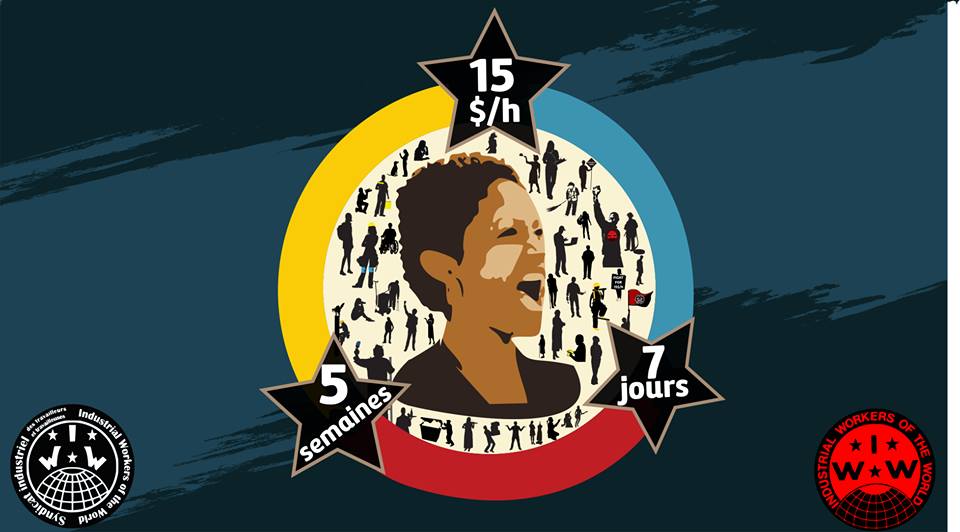
Speech Morgane Mary Parson, rerprésentante the SITT-IWW forum for Montreal 15-5-7, in February. Published for the first time in the edition of May 2016 Combat Trade Union.


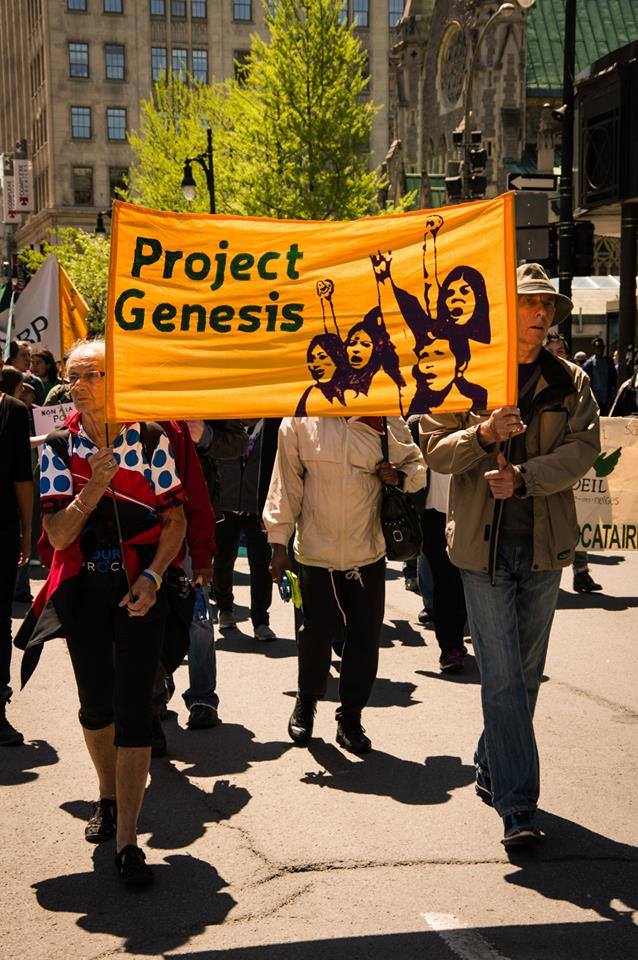 called “general civil” (unsanitary, harassment, abuse and other harm). The procedures are therefore 10 times faster, today, for the ones who have the accommodation for those of you who live. It is noteworthy to specify that in 1998, the average wait time for general civil cases was approximately 3 month. We can see that the majority of legal proceedings proceeding at the Régie du logement follow requests from a landlord., since they deposit 88% Complaints, dont 62% for non-payment of rent, and 85% of complaints from tenants are of a general civil nature. Sure, given the very low representation of the less well-off and the long enough waiting time for a move to occur due to the end of a lease, their requests often end up falling, completely or in part. According to Mr Johnson: “When tenants change housing, requests made on housing renovations or rent reductions fall, disappear''; That is to say, there generally remain only the requests for moral damages which hold, and they are the most difficult to demonstrate legally. Let us add that for all complaints, it is essential for the complainant to prove all forms of inconvenience, more
called “general civil” (unsanitary, harassment, abuse and other harm). The procedures are therefore 10 times faster, today, for the ones who have the accommodation for those of you who live. It is noteworthy to specify that in 1998, the average wait time for general civil cases was approximately 3 month. We can see that the majority of legal proceedings proceeding at the Régie du logement follow requests from a landlord., since they deposit 88% Complaints, dont 62% for non-payment of rent, and 85% of complaints from tenants are of a general civil nature. Sure, given the very low representation of the less well-off and the long enough waiting time for a move to occur due to the end of a lease, their requests often end up falling, completely or in part. According to Mr Johnson: “When tenants change housing, requests made on housing renovations or rent reductions fall, disappear''; That is to say, there generally remain only the requests for moral damages which hold, and they are the most difficult to demonstrate legally. Let us add that for all complaints, it is essential for the complainant to prove all forms of inconvenience, more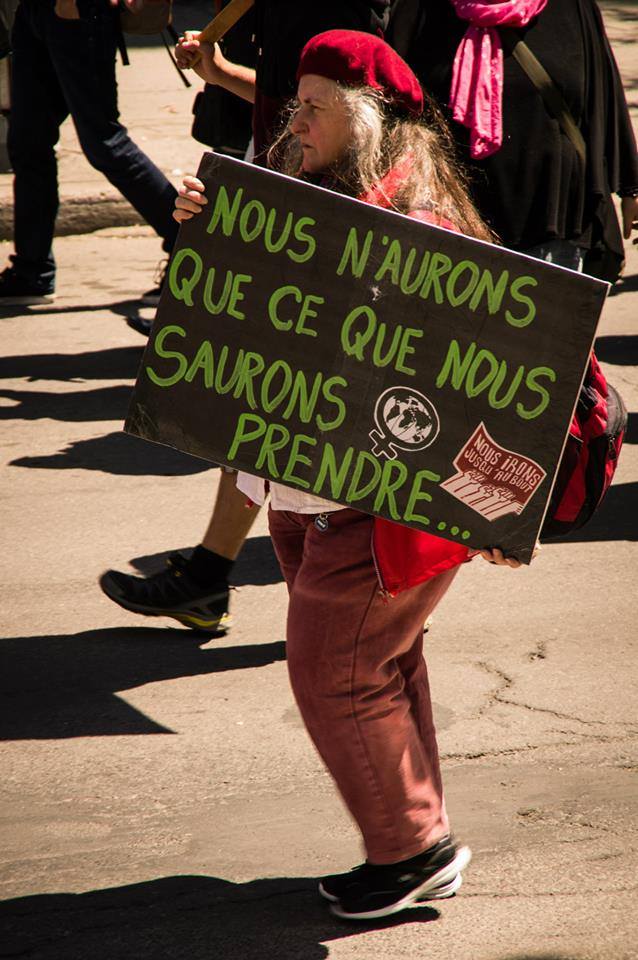
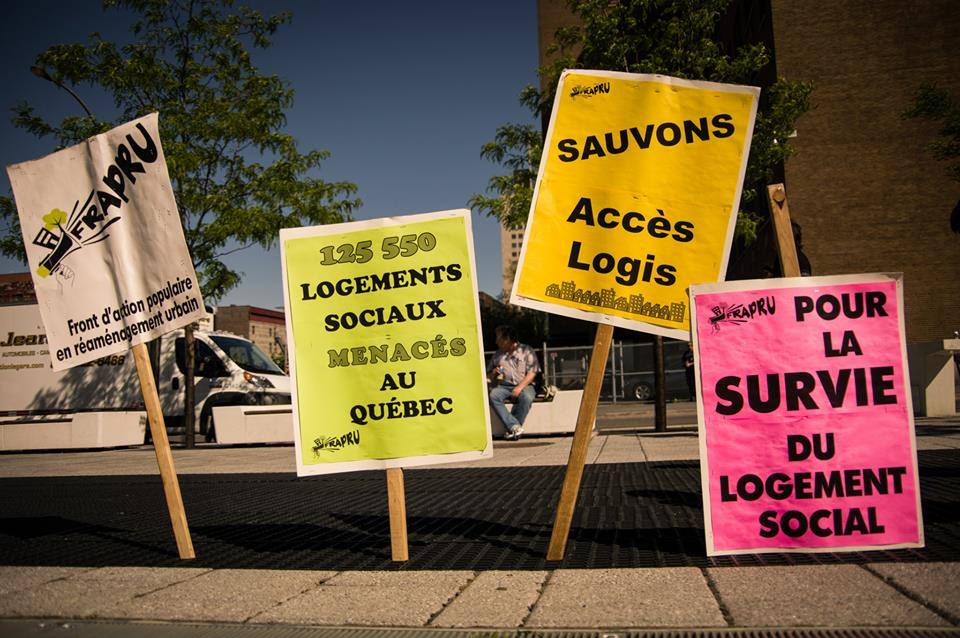
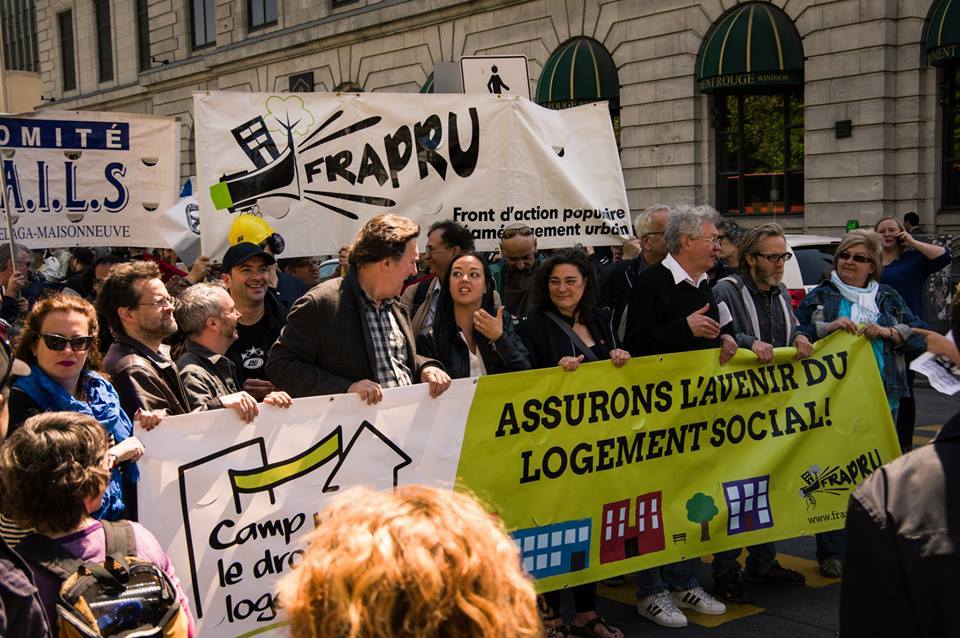 protest against the harsh conditions of housing and its occupants.
protest against the harsh conditions of housing and its occupants. 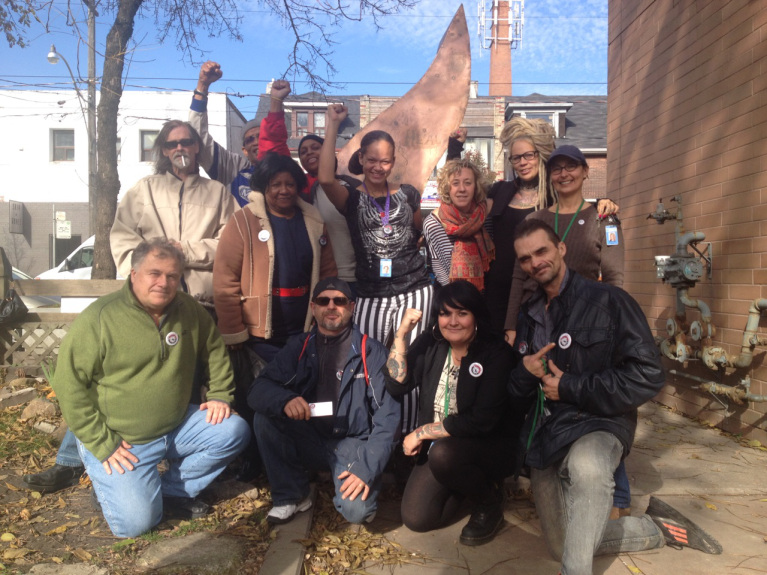
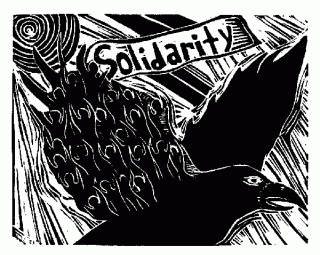
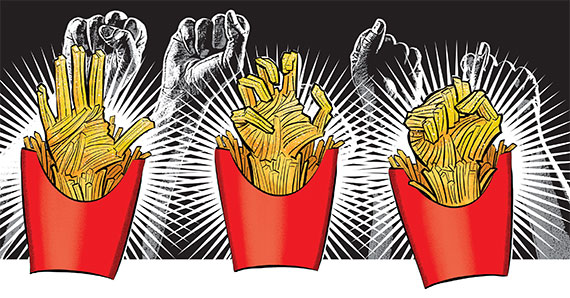
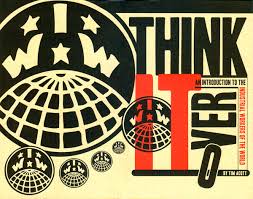
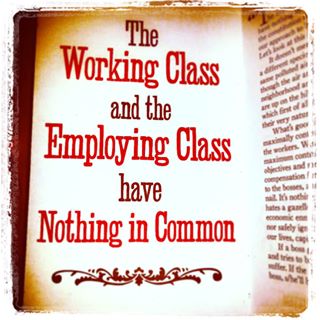 It does mean that workers and bosses are different species., they do not breathe the same polluted air and drink the same water, even if the water and the air of a working-class district are much more disgusting than on the hill. This implies that the two classes, that do exist, are in opposition to even their nature.
It does mean that workers and bosses are different species., they do not breathe the same polluted air and drink the same water, even if the water and the air of a working-class district are much more disgusting than on the hill. This implies that the two classes, that do exist, are in opposition to even their nature.